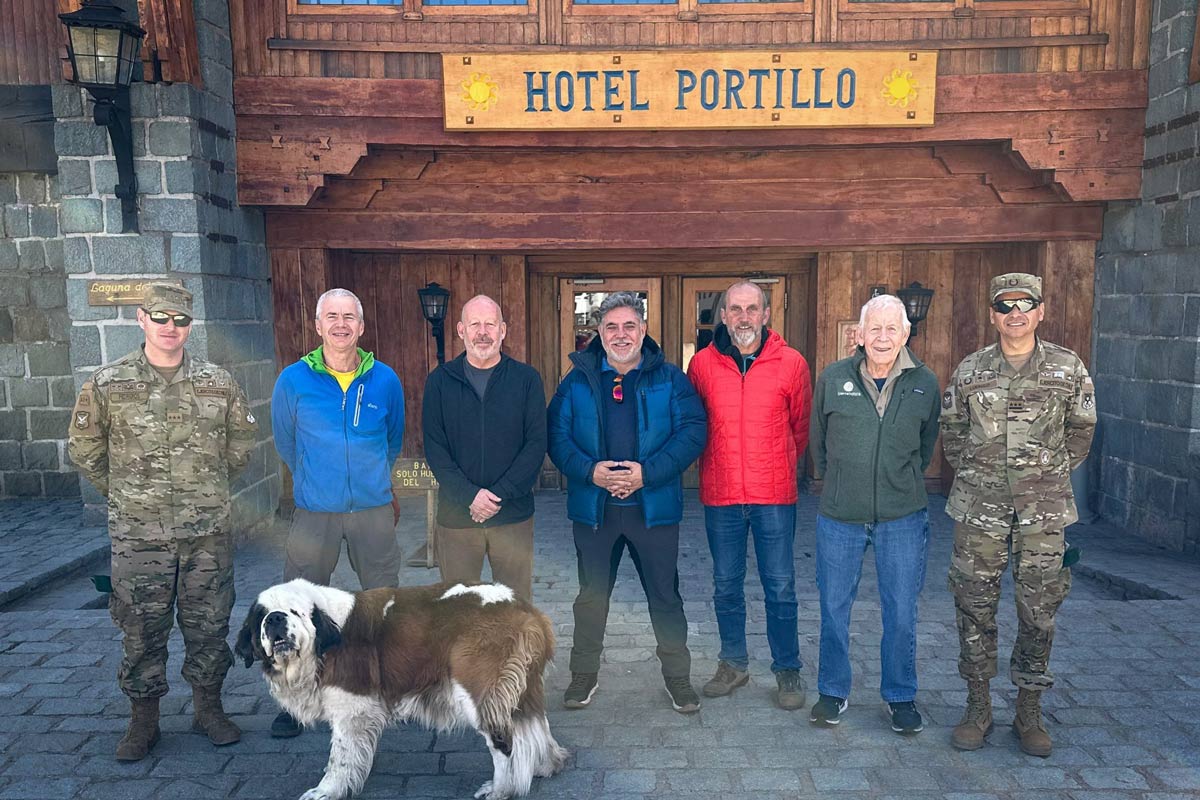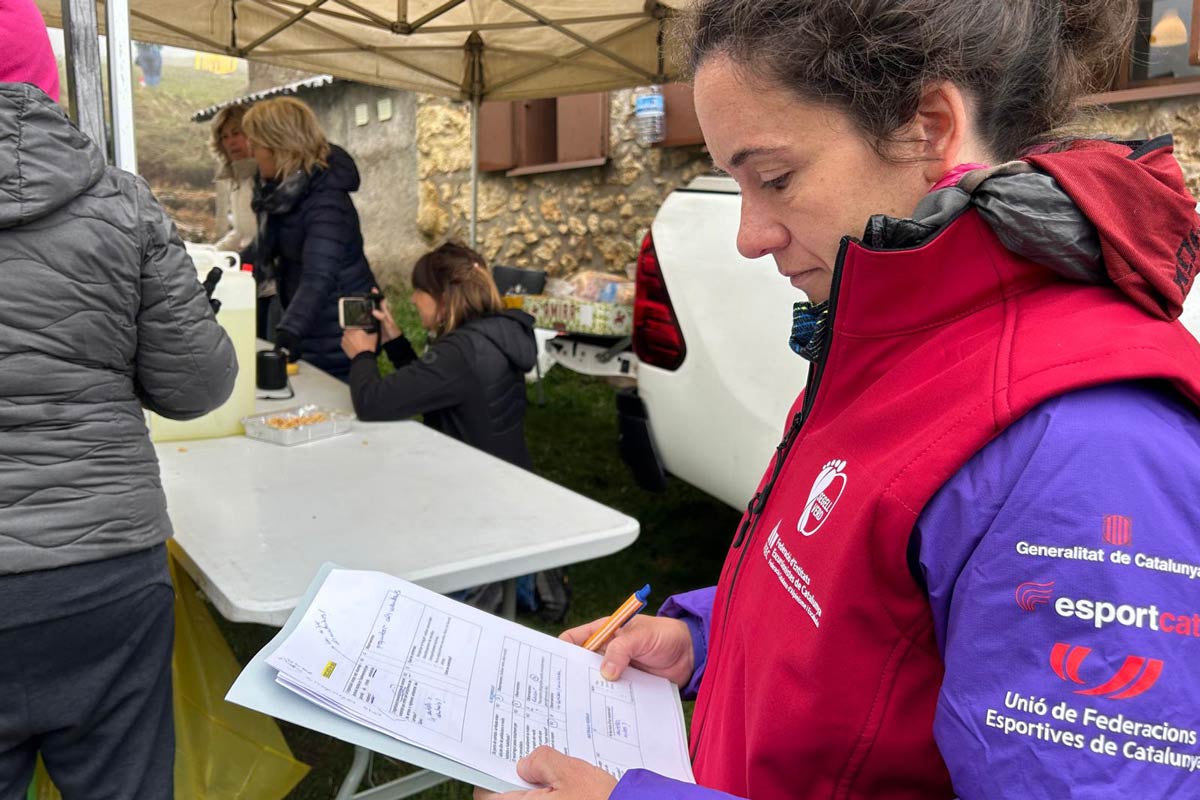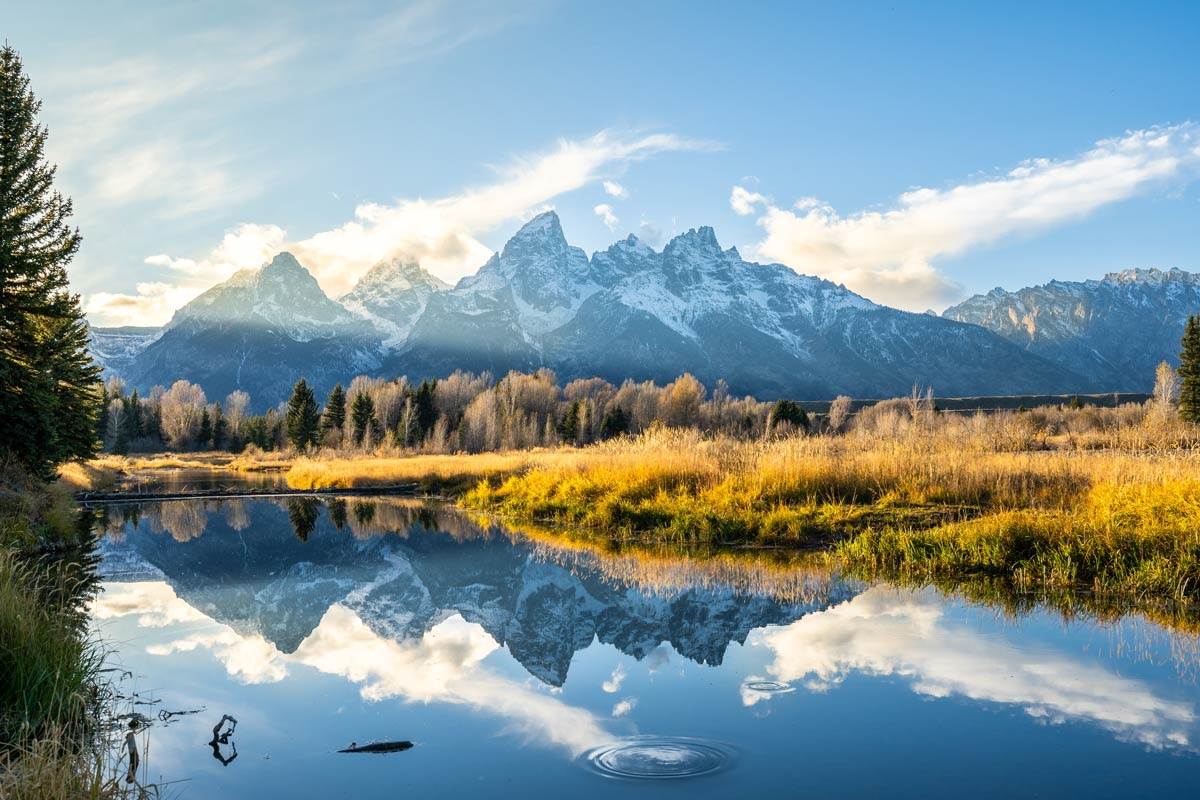Two UIAA member federations recently collaborated on a successful international training course. La Federación de Andinismo de Chile (FEACH/ Chilean Federation of Andinism and Climbing) and La Federación Española de Deportes de Montaña y Escalada (FEDME/ Spanish Federation of Mountain Sports and Climbing) are both UIAA full members and following the recent UIAA Spring Meetings and Mountain Training Course in Bariloche, Argentina, came together following an agreement made at the 2022 UIAA General Assembly in Canada.
The guiding principle of the project was to elevate the standards of mountain rescue training and certification in Chile. FEACH President and UIAA Management Board representative Willy Montenegro explains the importance of such an event:
“It is vital to emphasise that that UIAA only supports this type of activity through its member federations. In Latin America there has been a history of misinterpretation with people trying to take advantage of the name of the UIAA. Hopefully organising this official course will create a precedent for the future.”
The course was attended by 30 participants, including 20 instructors from FEACH and 10 instructors from the Chilean Army Mountain School. These participants brought diverse experiences and expertise, creating a rich learning environment. FEDME representation came from Alberto Ayora (President), Laura Martin (Technical Secretariat ) and Juan Jesús Ibañez (UIAA Management Board). The UIAA Training Commission President Steve Long brought additional expertise and information about UIAA training qualifications.
The training consisted of two main modules: an online module and a field and classroom (in-person) module.
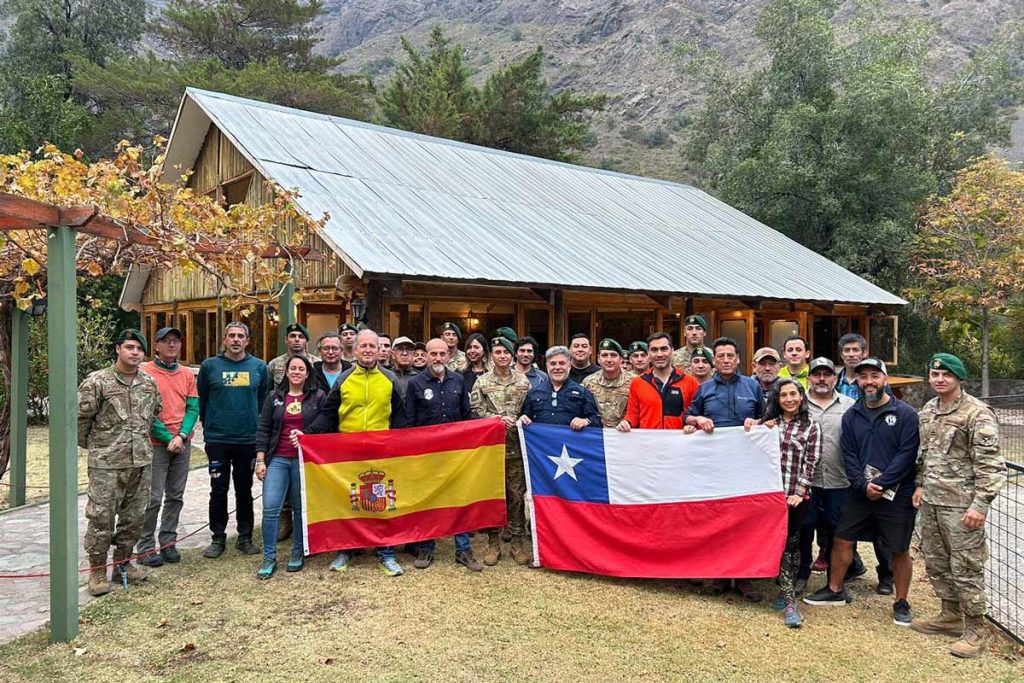
Online: Conducted on FEDME’s moodle e-learning platform, this covered subjects common to the Guide/Instructor training plan, such as meteorology, safety, and the organisation of activities.
Field: Held at the Chilean Army Mountain School in Río Blanco, Aconcagua, this module provided practical training on mountaineering dangers, decision-making, avalanche rescue, rope handling, roping, and glacier rescue. Additionally, lectures on civil liability and training methodology complemented the practical sessions.
The project had the following objectives:
Address a longstanding need: FEACH had a pressing desire to reintroduce and standardise the training of mountain rescue instructors under UIAA norms. The strong interest and participation from instructors across the country underscored this need.
Expand the FEACH curriculum: The blend of online theoretical training and hands-on practical workshops ensured a full learning experience, equipping instructors with both knowledge and practical skills to perform with more confidence and information.
International exchange of ideas: The involvement of experienced instructors and experts from FEDME and the UIAA provided valuable insights and methodologies, enhancing the overall quality of training.
Future-focused approach: By focusing on UIAA Skills Certificates, the training aimed to establish a structured pathway for instructors to achieve and maintain high qualifications, ensuring sustained improvement in training standards.
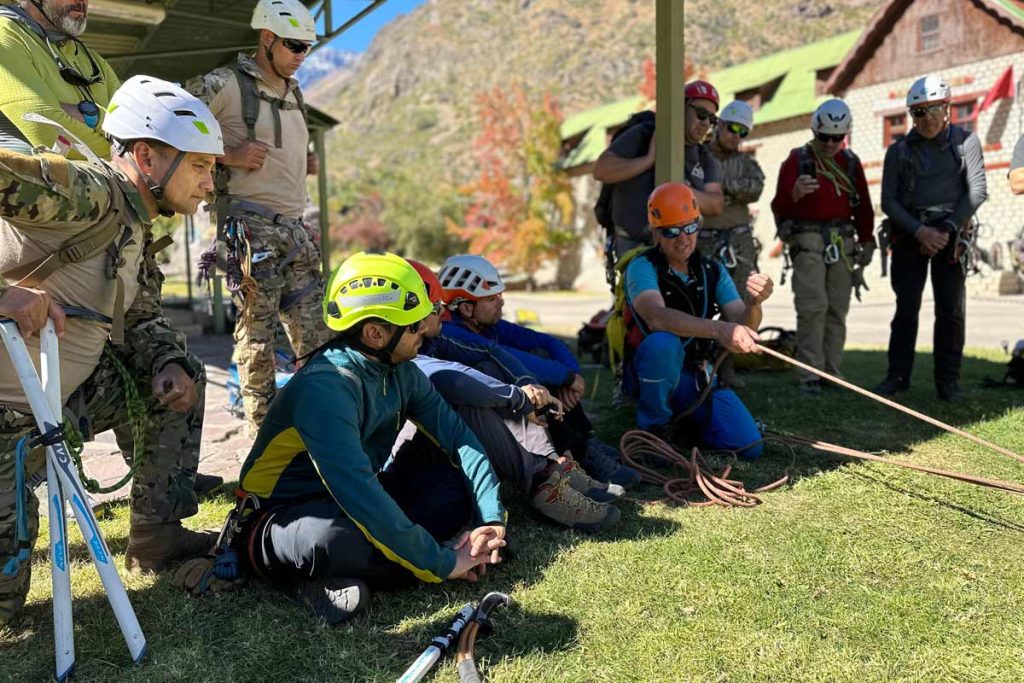
Steve Long reflects on the success of the project:
“The training project in Chile is an excellent example of the sort of opportunity that exists for people to share their knowledge with other mountain communities, and help them to avoid the years of (often painful)! trial and error as well as intellectual investment. And of course it’s a rich and enjoyable opportunity for the instructors, which is what we need to communicate – so that it is the instructors and guides who will ask their federations to get more involved in training projects of this nature and to use UIAA Skills Certificates as a first step on the ladder towards qualifications. This will require their federation to get accredited or to revalidate its qualifications so that they can issue the certificates…”
Other Collaborative Efforts
Steve Long also acknowledges a similar example of international collaboration in Ladakh, India. “This project involved German and Austrian doctors, an Austrian rescue team, Swiss and Indian sponsors, and UIAA training. Although currently on hold due to financial constraints, the project has seen notable success in continuing rescue training, demonstrating the potential for impactful collaborations.”
And as Willy Montenegro closes: “This process will be carried out, again, between August and October of this year and UIAA member associations in the Central and South American region are invited to participate.” For further details please contact FEACH.

